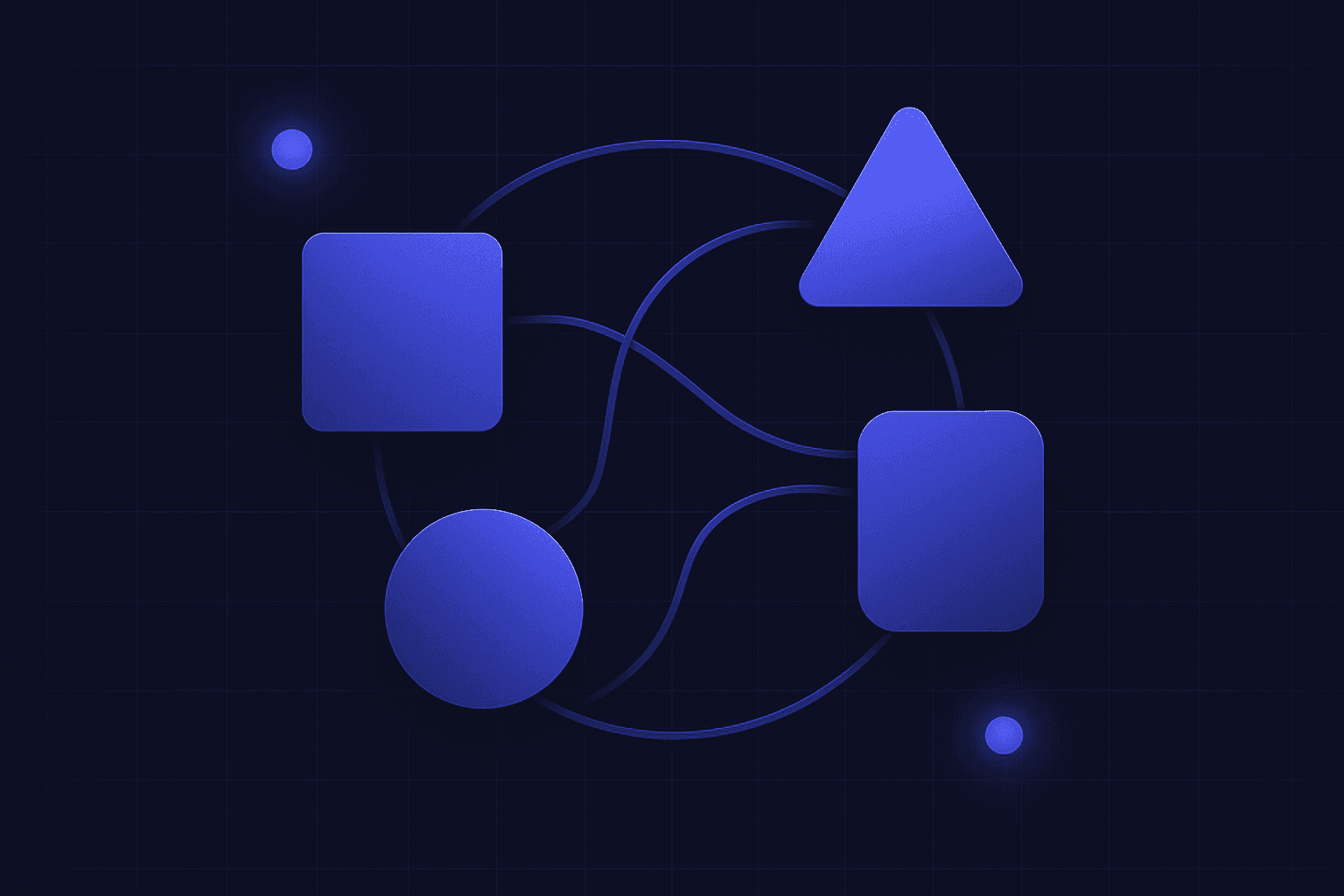Data is probably the world’s most valuable resource – the World Economic Forum states that the world’s data was worth some $3 trillion back in 2017. Hundreds of private and public sector industries revolve around data, and thus, businesses require experts who can understand, process, and manage data in all forms.
Despite the influence of data in today’s modern era, many companies remain confused about what sorts of data skills they need to enrol in their organisation and why. For example, companies often compare the remit of a data engineer to a software engineer when these roles are somewhat different.
There are many various subspecialties in the tech world, and many sound similar to one another. Such is the case of backend engineers vs backend developers. The case of data engineers vs software engineers is similar.
Of course, there will always be some level of overlap between data practitioners from differing niches, but the onus is on the organisation to understand the differences between prospective employees.
This is why, according to a report by Forrester, 91% of executives believe that the most critical challenge in leveraging data-based insights isn’t a shortage of tools, but a shortage of skills.
While both careers have a background in programming, they have different responsibilities. This is a guide to the differences between data engineers and software engineers.
Table of Contents
What is a Data Engineer?
Data engineers specialise in setting the necessary infrastructure for data collection, analysis, synthesis, insight, and modelling. They are responsible for finding data trends and developing algorithms to make raw data useful for companies.
Often, companies produce and receive data in some form but have no idea how to analyse it. There is a lack of the necessary infrastructure to turn raw data into something valuable. Many businesses and organisations are already collecting data for customer and sales insight, competitor research, product/service performance, etc, but they need engineers to operationalise that data.
This is where the role of a data engineer becomes relevant – they are responsible for the development and maintenance of an organisation’s data infrastructure.

A software data engineer also optimises data retrieval and develops dashboards, reports, and other useful insights for stakeholders.
Main Responsibilities of a Data Engineer
- Develop, test, and maintain data architectures.
- Align architecture with business requirements.
- Build data set processes.
- Use programming languages and tools.
- Find patterns using data.
- Deploy sophisticated analytics programs, machine learning, and statistical methods.
Data Engineer Skills
- Understanding of programming languages such as Java, Python, R, Ruby, Scala, and SQL. (Python, R, and SQL are considered the most important ones).
- Experience working with ETL/ELT tools and REST-oriented APIs needed for data integration.
- Data systems and platform knowledge, such as MySQL, NoSQL databases, and Apache Spark systems.
- Familiarity with machine learning skills.
- Understanding of Docker and Kubernetes.
What is a Software Engineer?
Software engineers are computer science experts in engineering and programming who design, build, test, and maintain software products.

In software engineering, there are many sub-specializations; however, there are two main categories: application software engineers and systems software engineers.
Applications software engineers are responsible for creating internal or external applications that users can interact with. On the other hand, systems software engineers focus on developing and maintaining an organisation’s computer systems.
Main Responsibilities of a Software Engineer
- Modify existing software applications.
- Create new software applications.
- Analyse, design, and maintain software systems.
- Integrate existing software products.
- Create technical specifications.
- Maintain systems by monitoring and correcting software defects.
- Ensure software quality.
Want to improve your data skills?
See the best data engineering & data science books
Software Engineer Skills
- Testing and debugging skills.
- In-depth understanding of programming languages such as Python, Java, Scala, C++, among others.
- Object-oriented design (OOD).
- Familiarity with UI toolkits and frameworks.
- Experience working with source code and version repository.
- Understanding of computer architecture, operating systems, and data structures.
Data Engineer vs Software Engineer: Key Differences
There are two main differences between data engineers vs software engineers:
1) Their Goals
Both data engineers and software engineers share many similarities. Both require in-depth knowledge of programming language and overall computer science. However, while the roles are complementary, they are not interchangeable.
Software engineers focus primarily on building software products and developing the right platforms, while data engineers focus on making accurate data available to users. Engineering for data applications requires in-depth knowledge of data stacks, including ETL, warehousing, customer data platforms (CDPs), and other data-oriented technologies and platforms.
Even if you have talented data engineers, they need to have reliable software to implement their models, and software engineers build many of these platforms. Software engineers engineered platforms such as Google Analytics, CDPs, ETL pipelines, etc, (though data engineers were almost certainly involved!)
Tasks such as data management, data architecture, and data modelling are the core day-to-day responsibilities of data engineers.
2) Their Approaches
Data engineers and software engineers have different approaches to solving problems.
Software engineers, for instance, are often working to a software product brief. Most software products are intended for a customer or brand audience (B2B or B2C), e.g. consumer software such as Photoshop is primarily B2C, whereas many SaaS platforms are primarily B2B. Software engineers will collaborate to build such software – some projects can involve many hundreds of engineers and related specialists.
Conversely, data engineers often work for a client or customer brief. More specifically, that brief is likely centred around a business problem, e.g. “how can we use our customer data to drive more sales?” Data engineers will usually work as part of a team of data scientists, analysts and related specialists to achieve specific goals.
Data Engineer vs Software Engineer Salary
The salaries in software careers always depend on several factors such as location, level of expertise, and experience. But generally, the salary of a data engineer is higher than the salary of a software engineer. This is because data is very much in the vogue (of course, software engineering is, too, but it’s not quite as red-hot right now). The differences in salary are still pretty small.
Here’s a table with the different salaries of both roles in the United States according to various sources:
| Source | Software Engineer Annual Salary | Data Engineer Annual Salary |
| Indeed | $121,219 | $116,499 |
| Glassdoor | $108,249 | $112,739 |
| Payscale | $93,145 | $93,145 |
| Talent | $111,820 | $122,966 |
Summary: Main Differences Between Data Engineers vs Software Engineers
In short, what makes software engineers and data engineers different from one another is that software engineers focus primarily on building software applications and systems while data engineers manage data infrastructure.
Both careers share similarities, such as knowledge of programming languages or a background in computer science; however, the roles and responsibilities are different.
FAQ
What are data engineers?
Data engineers setup and optimise the necessary infrastructure for data collection, analysis, synthesis, insight, and modelling. They are responsible for finding data trends and developing algorithms to make raw data useable.
What are software engineers?
Software engineers are computer science experts in engineering and programming. They typically design, build, test, and maintain software products for various audiences (e.g. brands or customers).
Do software and data engineers work together?
Yes, in many business and organisational contexts it’s likely that software and data engineers will work together, for example, if an organisation needs to build an application that will use their data. Data engineers and software engineers will also collaborate when building data applications.

